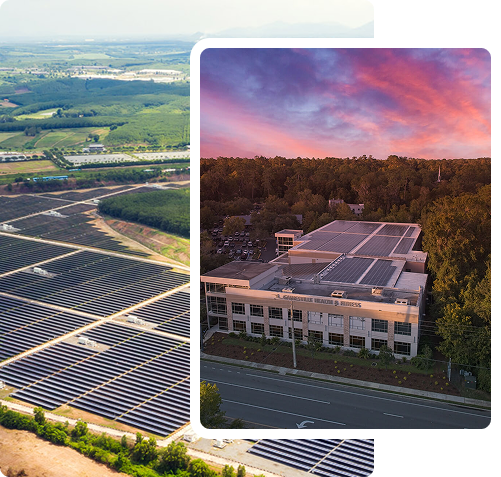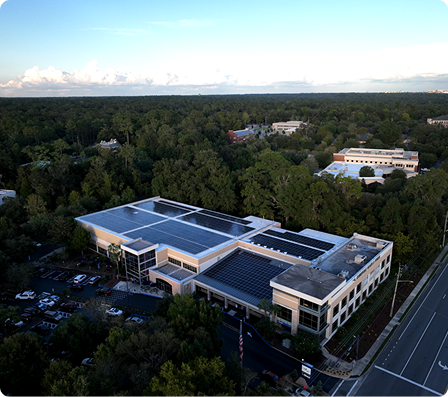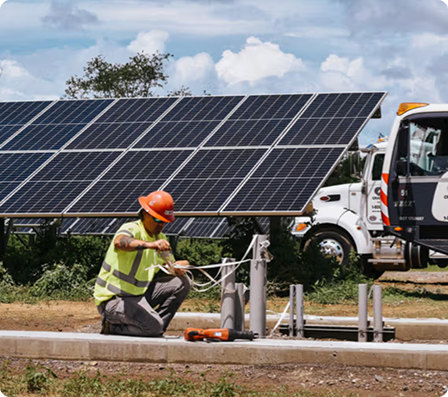Home »
How to Choose the Right Solar Farm Company for Utility-Scale Projects

Understanding Utility-Scale Solar Projects
Why Choosing the Right Solar Farm Company Matters
The decision to hire a qualified solar farm company goes beyond budget—it affects performance, reliability, and long-term savings. A credible firm ensures the solar farm installation meets both state and federal regulations, performs optimally, and delivers the expected return on investment. In Florida, where utility-scale projects are on the rise, working with an experienced provider like Advanced Green Technologies is essential. The wrong choice could lead to delays, increased costs, and underperforming systems. Thus, due diligence in company selection safeguards your project’s success and financial future. Don’t gamble on quality—choose a name with proven expertise and regional credibility.
Key Qualities of a Reliable Solar Farm Contractor
Here are the must-have qualities to look for:
- Proven Experience : Demonstrated success with previous utility-scale solar farm installations, preferably in Florida’s regulatory environment.
- Licensing & Certifications : Holds all necessary state licenses, NABCEP certification, and OSHA safety training.
- Financial Stability : Has the capital strength to manage large projects without delays or cutbacks.
- Transparent Communication : Provides consistent updates, clear proposals, and realistic timelines.
- Safety Compliance : Implements rigorous safety protocols and maintains a strong record of job site safety.
- Custom Engineering Solutions : Offers tailored system designs that meet site-specific and energy demand requirements.
- Turnkey Capabilities : Manages everything from site evaluation to commissioning under one contract.
- Strong Supplier Relationships : Has access to high-quality panels and components through trusted vendor networks.
Assessing a Company’s Track Record in Solar Farm Installation

Advanced Green Technologies: Florida’s Trusted Solar Farm Company
What to Look for in a Solar Farm Installation Proposal

Understanding Regulatory Compliance and Permitting in Florida
Technology and Innovation in Utility-Scale Solar Solutions
Sustainability and Environmental Impact Considerations
Here are key environmental considerations to assess:
- Land Use Planning : Prioritizing previously disturbed or non-agricultural lands to reduce impact on native habitats.
- Biodiversity Protection : Avoiding critical wildlife zones and implementing measures to protect local flora and fauna.
- Stormwater Management : Designing systems that prevent erosion and protect Florida’s water resources during and after construction.
- Vegetation and Soil Preservation : Maintaining topsoil integrity and planting pollinator-friendly ground covers under solar arrays.
- Recycling & Waste Reduction : Ensuring all materials used in solar farm installation are recyclable or disposed of responsibly.
- Carbon Offset Evaluation : Calculating and communicating the project’s CO₂ reduction over its lifespan to stakeholders.
- Community Engagement : Involving local communities in planning to address environmental concerns and ensure transparency.
